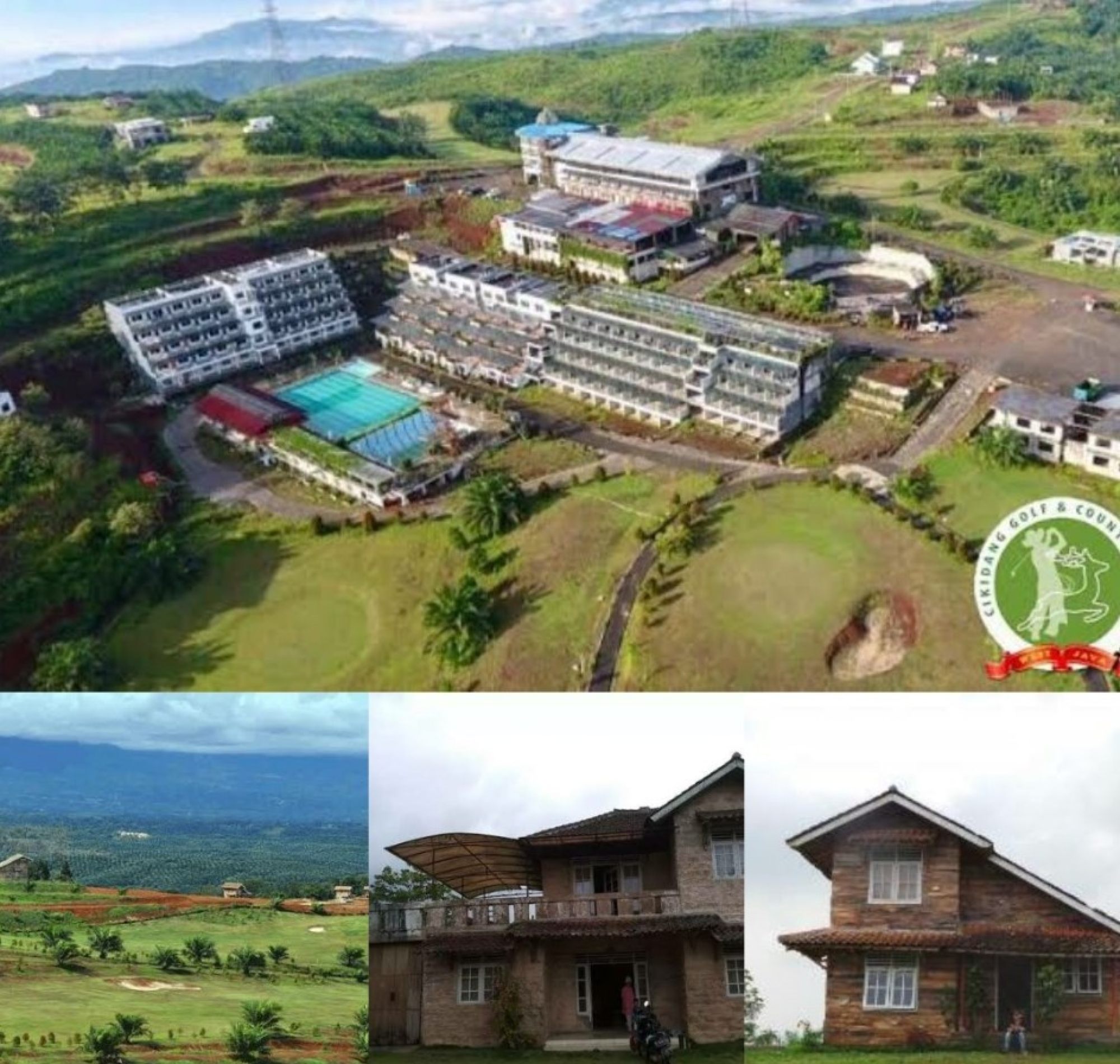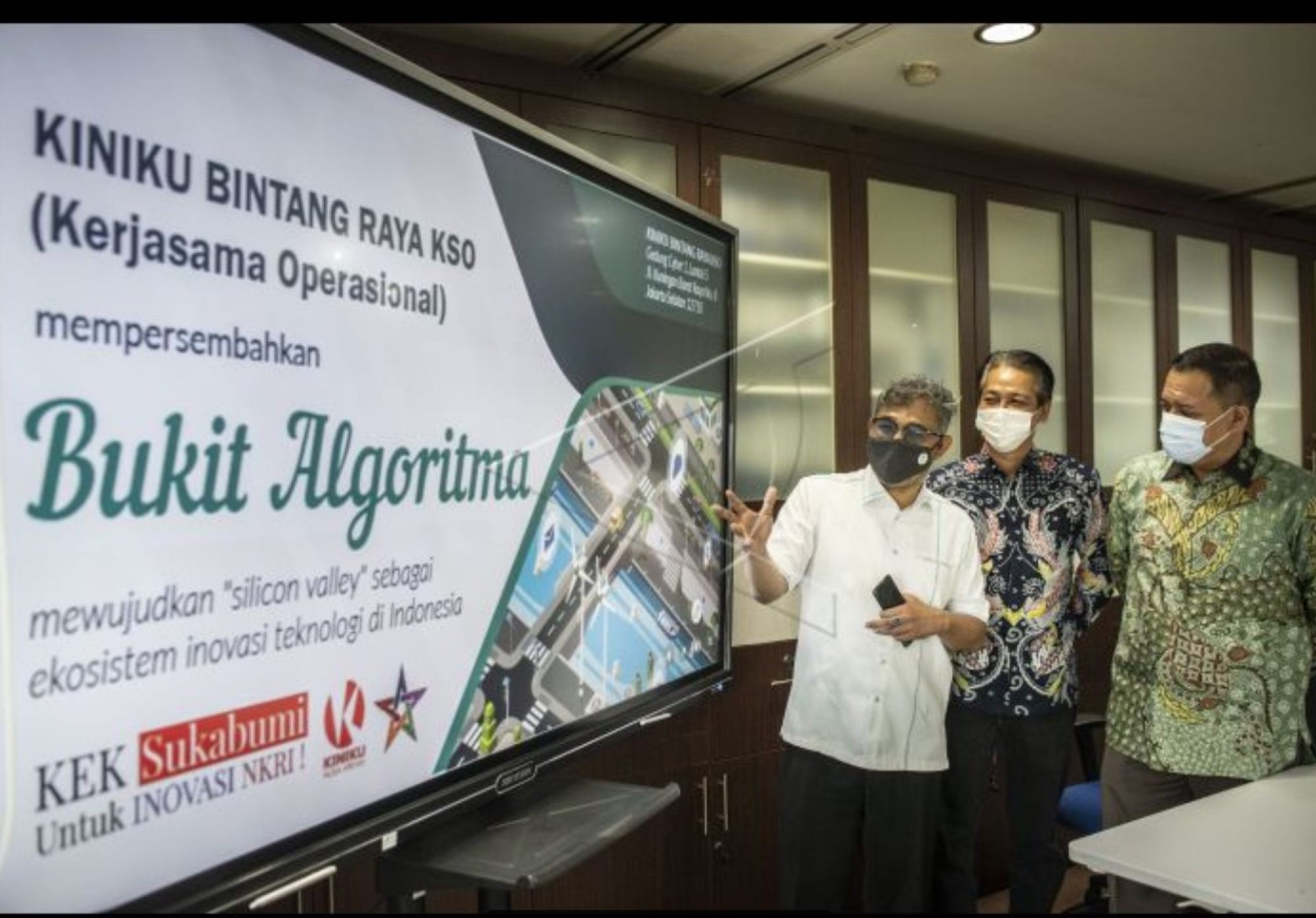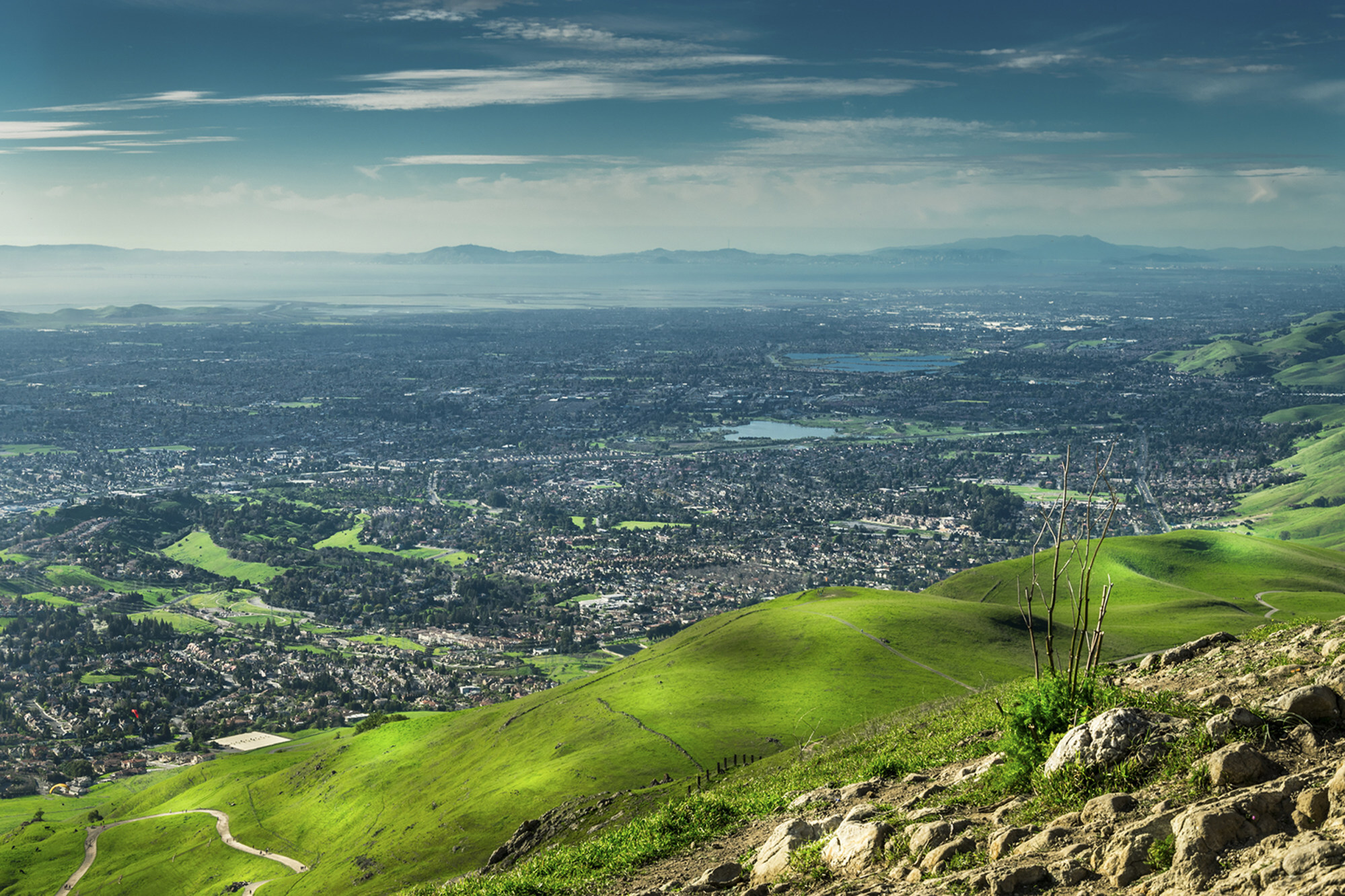
It’s Indonesia’s ‘Silicon Valley’, but has Algorithm Hill done the maths?
- The latest plan for an Indonesian answer to the Californian tech hub is a sprawling multibillion-dollar, 888 hectare park in West Java
- But critics say the Valley’s secret is in its people and location; education and infrastructure must be overhauled if its success is to be replicated
In 2019, Jokowi, as the president is widely known, said that he wanted the US$33 billion new capital in East Kalimantan to be modelled after Silicon Valley. In the same year he launched a Silicon Valley-esque start-up hub in the far-flung province of Papua. Similar hubs have been built in other cities, including Bandung and Yogyakarta.
The latest plan to imitate Silicon Valley is driven by Budiman Sudjatmiko, a politician with the ruling Indonesian Democratic Party of Struggle who was once a political prisoner under the country’s former dictator Suharto.
Budiman recently revealed his plans to build Algorithm Hill on a swathe of land in an abandoned resort in Sukabumi, West Java, some 112km away from Jakarta.

He said the project would be fully funded by private investors, who had already committed 1 billion euro (US$1.2 billion) to pay for the first three years of construction. The project is expected to take 11 years to complete.
In a series of tweets on April 17, Budiman said Algorithm Hill would not only house companies dabbling in “digital innovations”, but also “biological and atomic” research.
“So we need clean rooms and smart factories,” said Budiman.
Amarta Karya, a state-owned construction company, would break ground on the project next month, its president director Nikolas Agung said on Sunday.
It would first build infrastructure such as tollways, water and electricity systems, and earthquake-proof buildings that would house the “nanotechnology, biotechnology, and other” types of research, he said.
Three prominent Indonesian universities will be given 25 hectares of land each for free at Algorithm Hill, but they will be expected to agree to a profit-sharing scheme with all the business entities involved in the project.

SECRET OF THE VALLEY
However, investors and analysts cautioned that Silicon Valley’s success was not solely due to the presence of a massive, real-estate complex. Rather, it was the culture of innovation and the characteristics of its people that made the Californian tech capital so special.
“I’m not sure why governments tend to think the key ingredient to recreating Silicon Valley is to set aside a real estate park. And for some reason, these governments will pick remote cities with affordable real estate, but that’s not how innovation has ever evolved. This is a big red flag,” said Vinnie Lauria, a former Silicon Valley entrepreneur and founding partner at Southeast Asia-focused venture capital firm Golden Gate Ventures.
He said the “magic ingredient” of Silicon Valley was its people, who came from a variety of backgrounds and were able to network and collaborate with ease, an essential element for innovation and experimentation.
A “dense, urban cosmopolitan area” was the perfect location for this type of ecosystem, he said.
In the early days of Silicon Valley, “there were a lot of these alternative, crazy, out-there people, so they weren’t just straight computer engineers but you had this mix of people with different backgrounds, with different reasons, for coming out there, whether it was for school, for San Francisco, to be an artist or to be a computer nerd. To me diversity breeds innovation,” Lauria said.
Willson Cuaca, co-founder and managing partner at East Ventures, one of the most active investment funds in the country, said a good innovation hub needed “at least five to seven million people” living in the surrounding area.
“You can’t build [a tech hub] on empty land. Investors do not want to travel far,” he said.

“The essence of Silicon Valley is not the location, it’s about the interaction between people where all stakeholders come together to build their products.”
Sulfikar Amir, associate professor of science, technology, and society at Nanyang Technological University in Singapore, said it was unlikely that researchers, start-up founders, and investors would be willing to move to Algorithm Hill with its limited infrastructure.
“I fear that the project will be stalled. For a business to thrive they need access. There is no tollway there, internet access is also limited so I’m not sure that start-up founders and researchers will want to move there,” Sulfikar said.
According to Sulfikar, Indonesia already has a technological park in the spirit of Silicon Valley – the Centre for Science and Technology Research in Banten province, built in 1976 by former president BJ Habibie, a distinguished technocrat himself. However, the park’s laboratories catered only to state-owned enterprises and not the private sector, he said.
“Indonesia needs to have an ecosystem that supports free thinkers and imaginative people. We need more people that can think up out-of-the-box ideas,” Sulfikar said. Indonesia also needed to strengthen intellectual property law to nurture innovation, he added.
A 2018 report from the World Bank showed that Indonesia allocated only 0.23 per cent of its GDP to research and development, slightly more than the Philippines, Cambodia, and Myanmar.
The essence of Silicon Valley is about the interaction between people
Lauria of Golden Gate Ventures said these figures showed the government needed to “put a heavy emphasis on science, technology, engineering, and mathematics in secondary education, as well as arts to spur creative thinking”.
Poor connectivity between Indonesia’s big cities and remote areas could also hinder the development of its digital economy, investors said.
“We are still seeing digital inequality in Indonesia. There is a gap between Jakarta and other areas, particularly in the eastern part of Indonesia. This shows that we need to allocate some of the resources to those areas so their productivity can increase, and Indonesia’s GDP per capita can rise,” said Cuaca of East Ventures.
Indonesia’s internet economy is the largest in Southeast Asia. Its value is projected to reach US$124 billion by 2025, up from US$44 billion last year, according to a joint report by Google, Temasek, and Bain & Co.
Of the region’s 12 unicorns, or tech companies valued at least US$1 billion, five are Indonesian: super-app operator Gojek, online booking platform Traveloka, e-commerce firms Tokopedia and Bukalapak, and mobile wallet provider Ovo.

